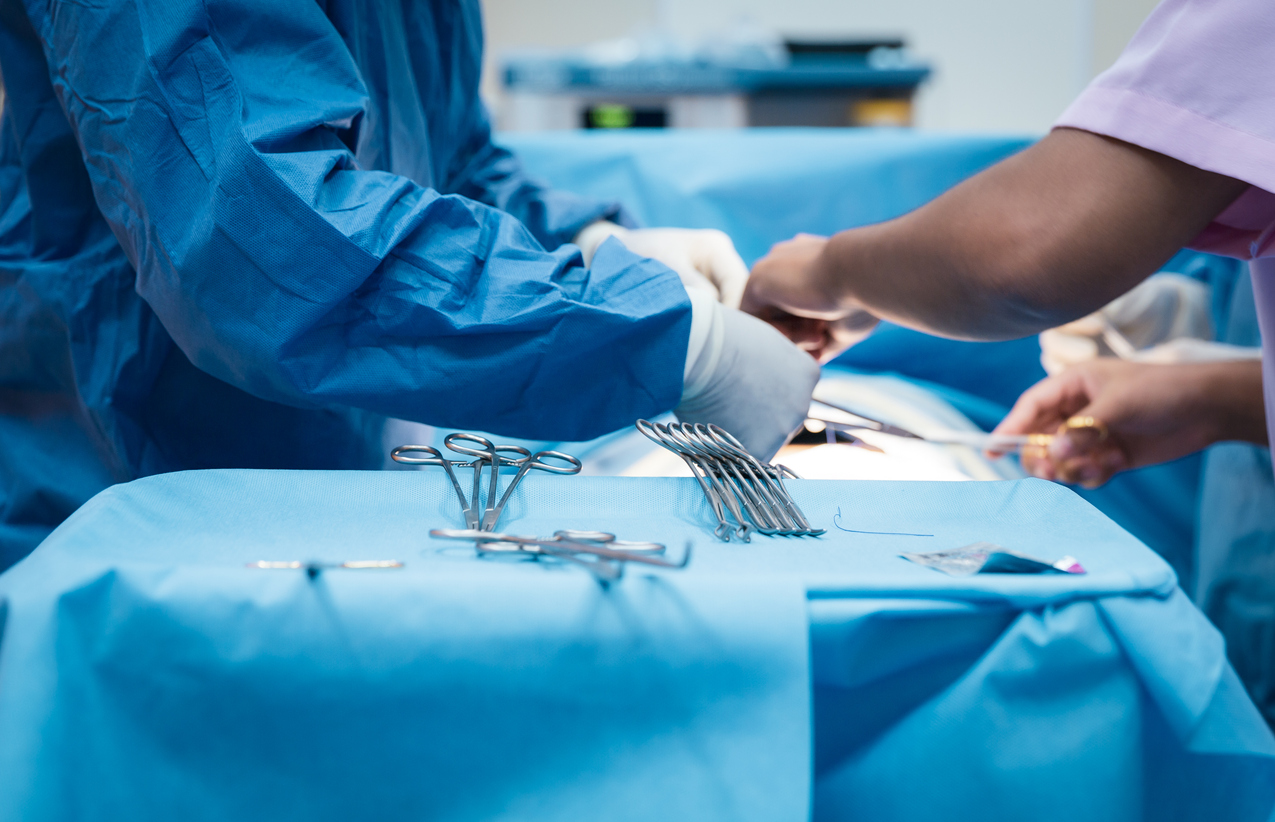
COVID wreaks havoc: Assam’s poor barter kidneys for cash

In what could be described as a deadly impact of the COVID-19 pandemic on the rural economy in Assam, many in the state have been found to have sold their kidneys to inter-state gangs of organ traffickers to pay debts, even as a political slugfest has broken out amid allegations about the involvement of BJP leaders in the racket.
While the Opposition Congress in Assam, which has demanded a CBI investigation into the racket, has submitted a memorandum to the Assam Governor Jagdish Mukhi in this regard, its Lok Sabha MP Gaurav Gogoi has written to West Bengal Chief Minister Mamata Banerjee for an investigation as the racket has been traced to Kolkata.
The organ trafficking racket, which forced over 50 people to sell their kidneys in the Morigaon district of Assam, was exposed when a person from the Dakshin Dharamtul village alleged that he was promised ₹6 lakh for his kidney, but was paid only ₹50,000. The locals of the village had reported the matter to the police.
Also read: Facts belie Assam CM’s claims on Muslim population explosion
Police after investigation arrested three people – Lilimai Boro, Mintu Boro and Ramen Medhi – following which more and more cases started to emerge from different parts of the state. Police said most of the victims were in debt and thus fell prey to the trap of organ traffickers who promised them money in return for their organs.
Morigaon district superintendent of police, Aparna Natarajan, who is overseeing the investigation, said police have found 11 people in the district who have been lured to sell their kidneys.
Natarajan said the arrested trio have revealed many more names whose arrest may reveal more details on the racket.
According to Indian laws, buying and selling of human organs is prohibited under the Transplantation of Human Organs Act. Organs, however, can be donated to close relatives or others in need of transplantation for medical reasons after proper authorisation.
Coming under pressure, Assam Chief Minister Himanta Biswa Sarma, who also holds the home portfolio, has ordered a thorough investigation into the case and also met 15 of the victims.
Victims live to tell the tale
Not just Morigaon, similar cases have also come to light from other parts of the state including Tinsukia, Dibrugarh and Nagaon districts. The victims said the pandemic left them in a financial lurch, forcing them to sell their kidneys for ₹5-₹6 lakhs.
Many of the victims were reportedly unable to repay micro-finance loans. One of them is Sumanta Das, a mason from Morigaon district, who has been out of earnings since the last year and being in debt, had no other option but to sell his kidney.
Das, however, said that while the price fixed for his kidney was ₹5 lakh, he has only received ₹1.5 lakh till now. He said he has become weak after the surgery and with one kidney gone, is not able to do hard labour.
“I had no income and my wife had taken a microfinance loan. As we were debt-ridden, we decided that this (selling his kidney) was the way out,” said Das.
Some of the victims also include tea plantation workers. Leaders of Assam Chah Mazdoor Sangha (ACMS) said many labourers have been approached to sell kidneys and a few have even sold their organs due to financial difficulties.
Ramu Karmakar, a tea garden worker in Dibrugarh said he sold his kidney for ₹3.5 lakh this year. Breaking down while narrating his ordeal, Karmakar said he was neck-deep in debt and didn’t resist the goading of an agent in Guwahati to sell his kidney.
Speaking to The Federal, ACMS leader Nabin Keot said the traffickers take advantage of the penury and lack of education of tea plantation workers to lure them with such offers. He said the association has urged the Assam government to take steps on the matter.
According to Assam police, the kidney transplants were done at the Rabindranath Tagore International Institute of Cardiac Sciences in Kolkata. The hospital authorities, however, have denied the allegations.
“We are among India’s most ethical healthcare organisations, and we will always abide by the laws of the land. Our kidney transplant programme is one of the largest transplant centres in East India. We conduct thorough legal and medical due diligence on every transplant case coming to our hospitals. All documentation that is required by law is provided by the patients and respective state governments. Additionally, we procure affidavits sworn before a first class judicial magistrate stating that donors are bonafide. Finally, we wait for NOCs from the West Bengal and Assam state organ transplant authorisation committees before we conduct any transplant,” the hospital said in a press release.
Too little too late
Last year, the previous BJP-led government in Assam formed a committee headed by retired IAS officer Subhash Das to suggest a road map to tackle the fallouts of the COVID-19 pandemic and the subsequent lockdown. Upon receiving the report, the chief minister had announced the constitution of a three-member committee under the chairmanship of then state finance minister Himanta Biswa Sarma, to study the recommendations of the report and suggest a broad roadmap for their implementation.
Also read: Assam’s cattle bill can spark social tension, say opposition, experts
However, according to Assam government sources, most of those weren’t implemented.
The ruling BJP in Assam has been left red-faced after the name of an Assam BJP leader has surfaced in the organ trafficking racket during an investigation at Morigaon.
Nitu Mani Das, a BJP leader was arrested by the Assam police in connection with the case on the trafficking of kidney registered at the Morigaon district.

